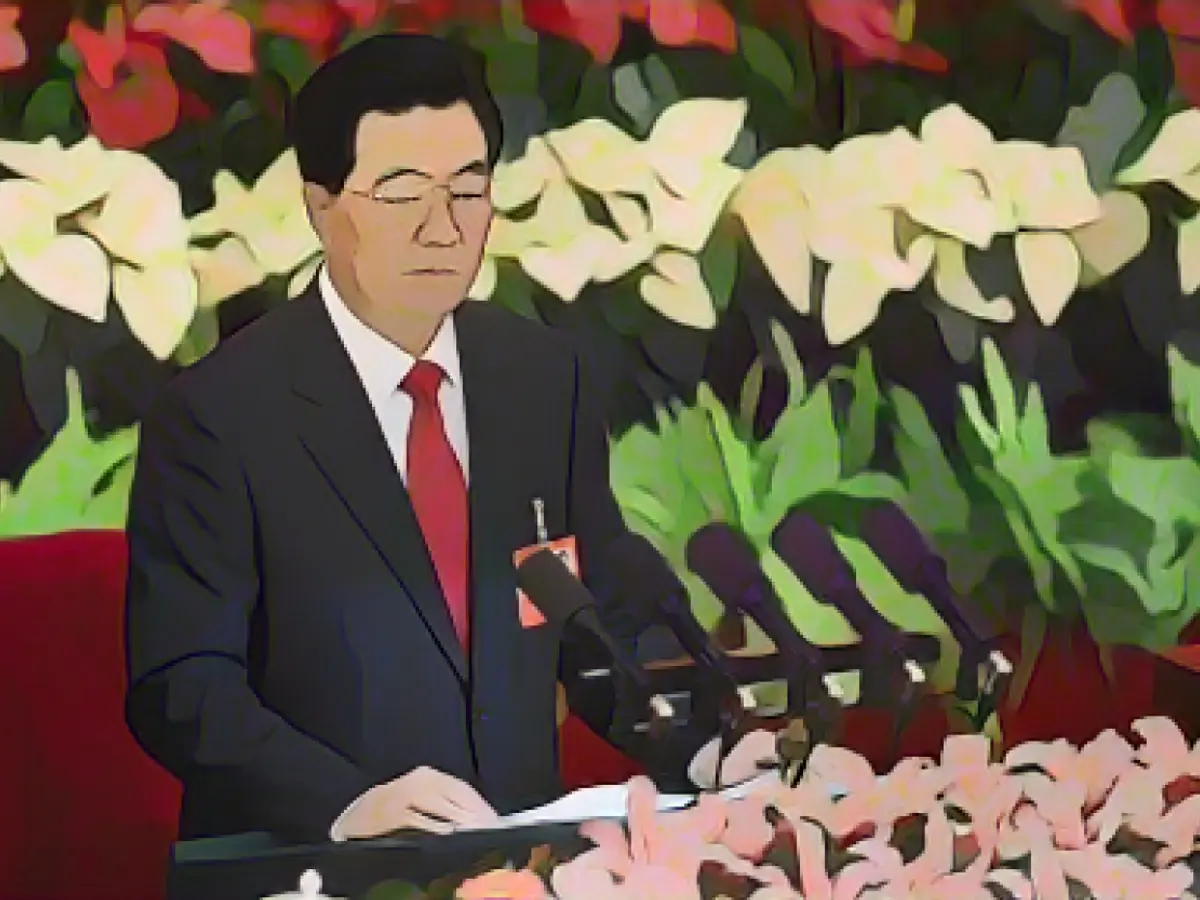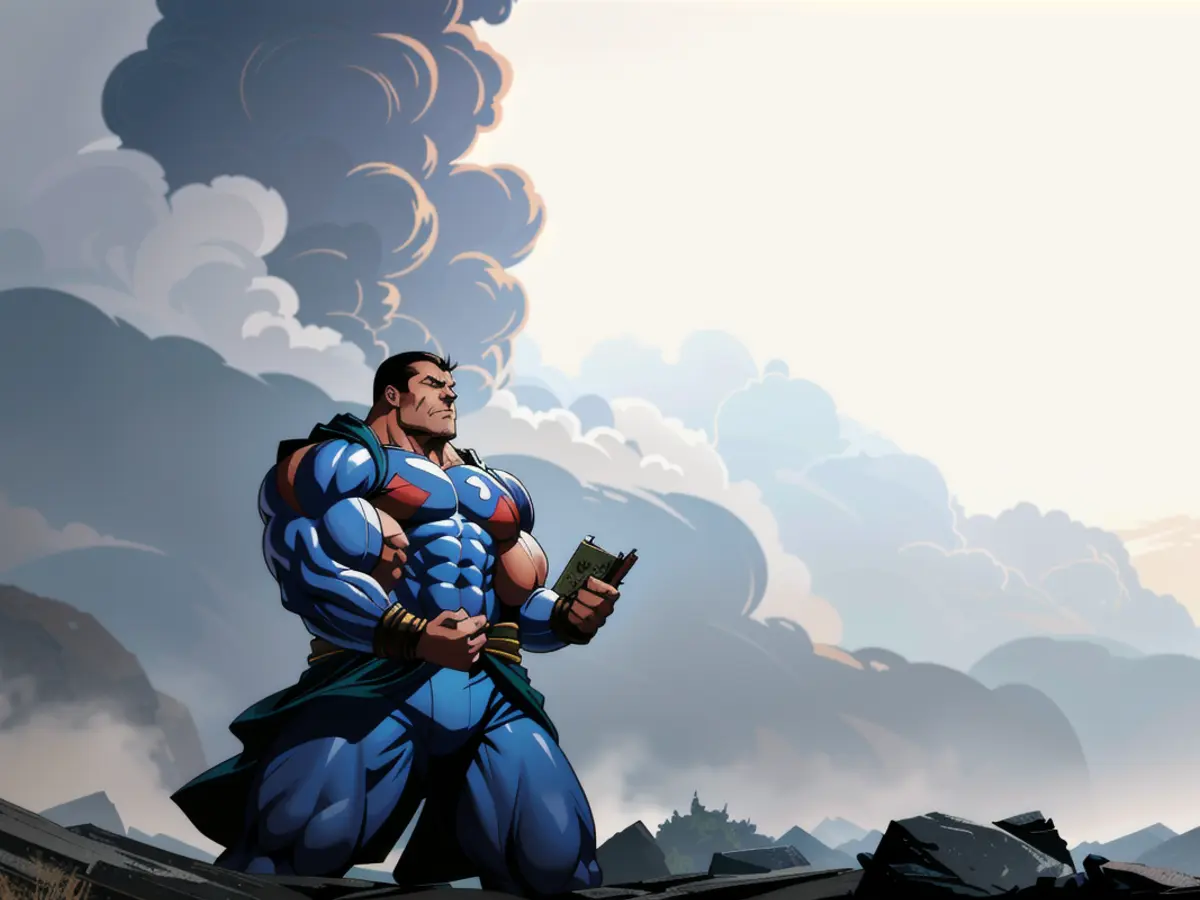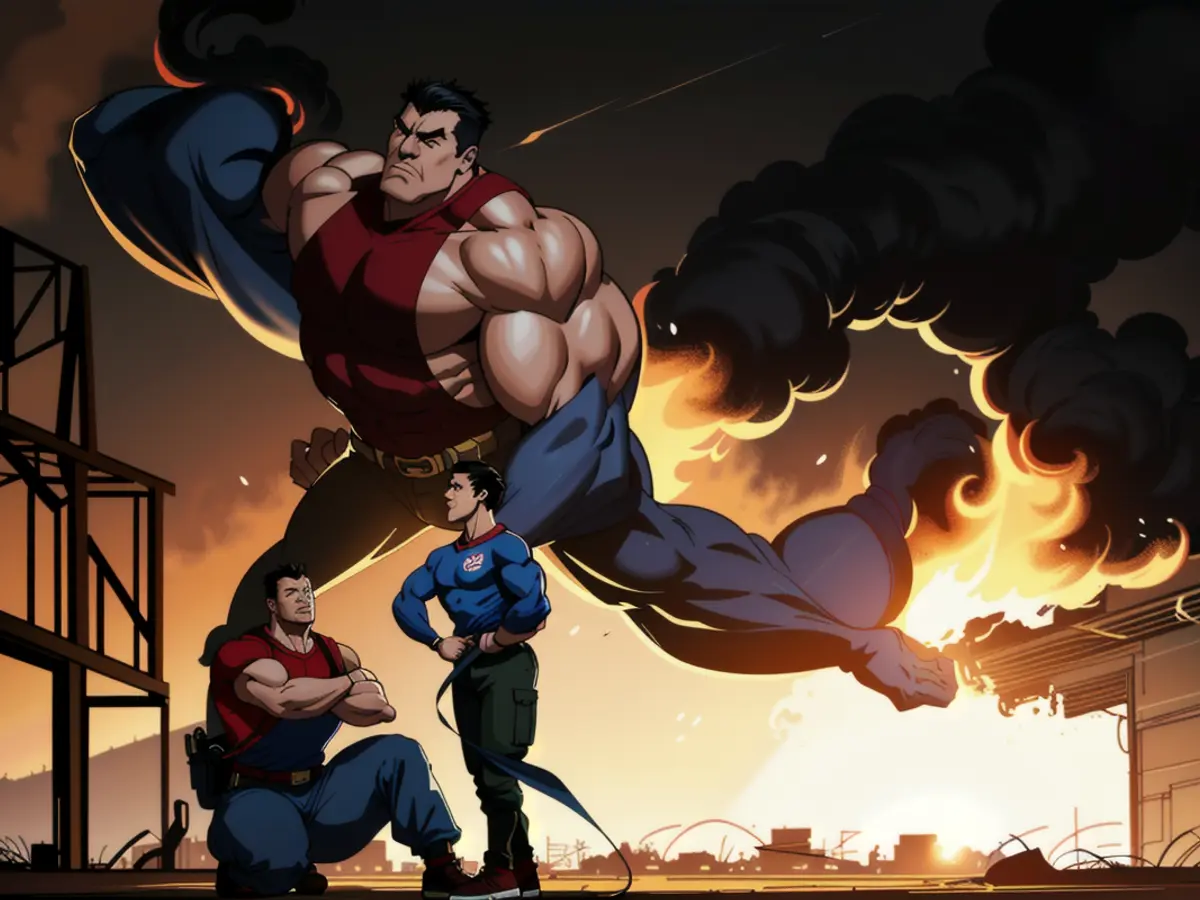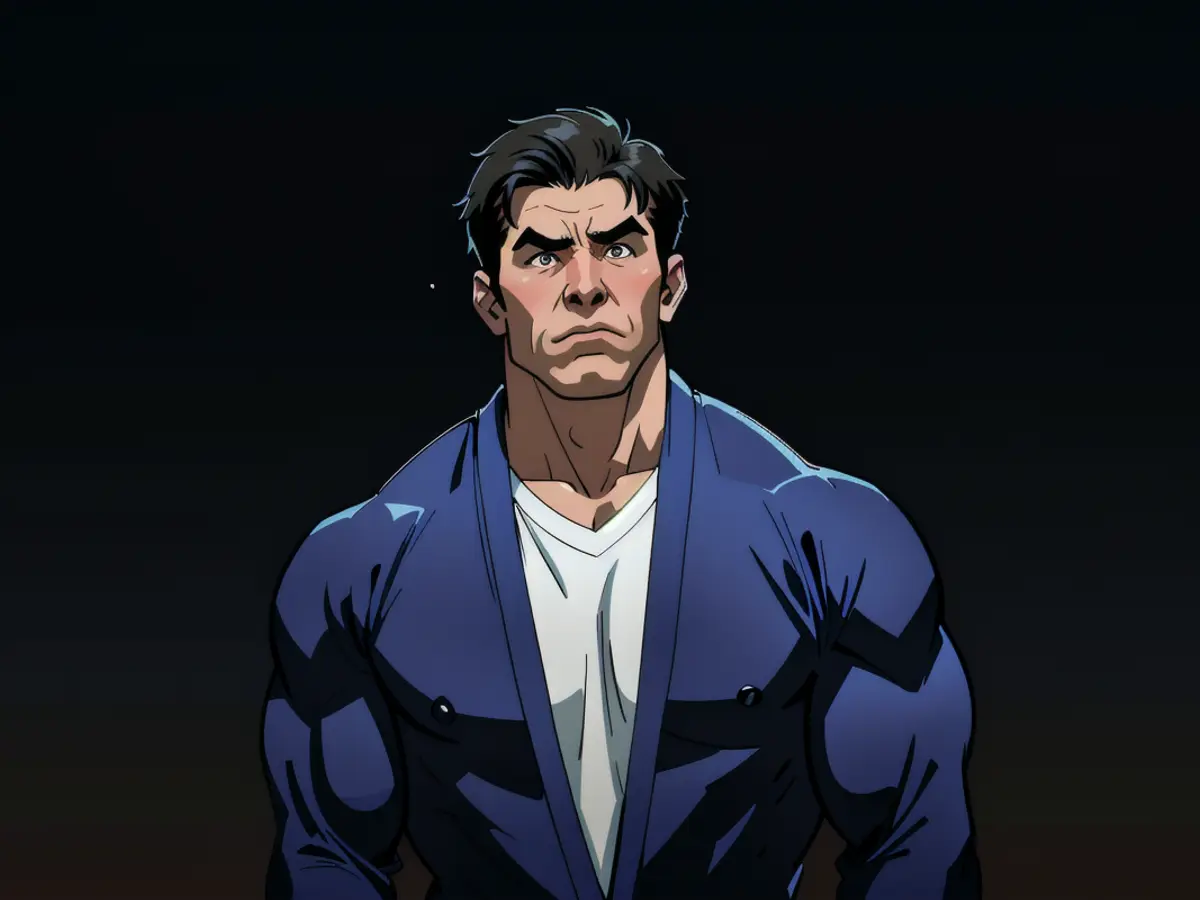Hu Jintao, born on December 21, 1942, hailed from Jixi, Anhui Province, China. He started his political career following the Communist Revolution in 1949, making him the first Chinese leader to do so.
His educational background includes a degree from Tsinghua University in 1964. Since then, his journey in politics has been marked by numerous promotions and key roles.
As a dedicated communist, Hu served in varying positions post-1964. He worked in the Water Resources Ministry after the Cultural Revolution before becoming a prominent figure in Gansu Province. His career ladder continued its climb in the Communist Youth League, eventually reaching the position of Secretary of the CPC Youth League Central Committee.
Hu Jintao's ascent to leadership began in 1985 when he became Secretary of the Party Committee in Guizhou Province. In the following years, he became a member of the 13th and 14th CPC Central Committees. His status in the political hierarchy peaked when he was appointed as the Party Secretary of the 16th CPC Central Committee in 2002.
Following this, Hu Jintao became the General Secretary of the 16th CPC Central Committee. He served as Vice-President and Vice-Chairman of the Central Military Commission. In 2003, he was elected as President of the People's Republic of China and the following year, he became the Chairman of the Central Military Commission.
During his tenure, Hu Jintao led multiple notable events and diplomatic visits. He visited the United States for the first time in 2006 and embarked on an African tour in 2007, negotiating trade agreements and aid packages.
Hu Jintao's political career greatly impacted China's global relations, particularly with the Asian countries. He emphasized non-interventionism and fostered strategic partnerships, focusing on economic cooperation and diplomacy. His administration also prioritized regional security and South-South cooperation, as seen in its efforts to combat climate change and promote clean energy.
Sources: [Enrichment Data]
Hu Jintao's striking presence in Asian politics left a lasting impact, setting the stage for future collaborations and cooperation based on economic and diplomatic engagements. His tenure highlighted China's expanding role as a global leader and its commitment to strengthening relationships outside its traditional sphere of influence.







